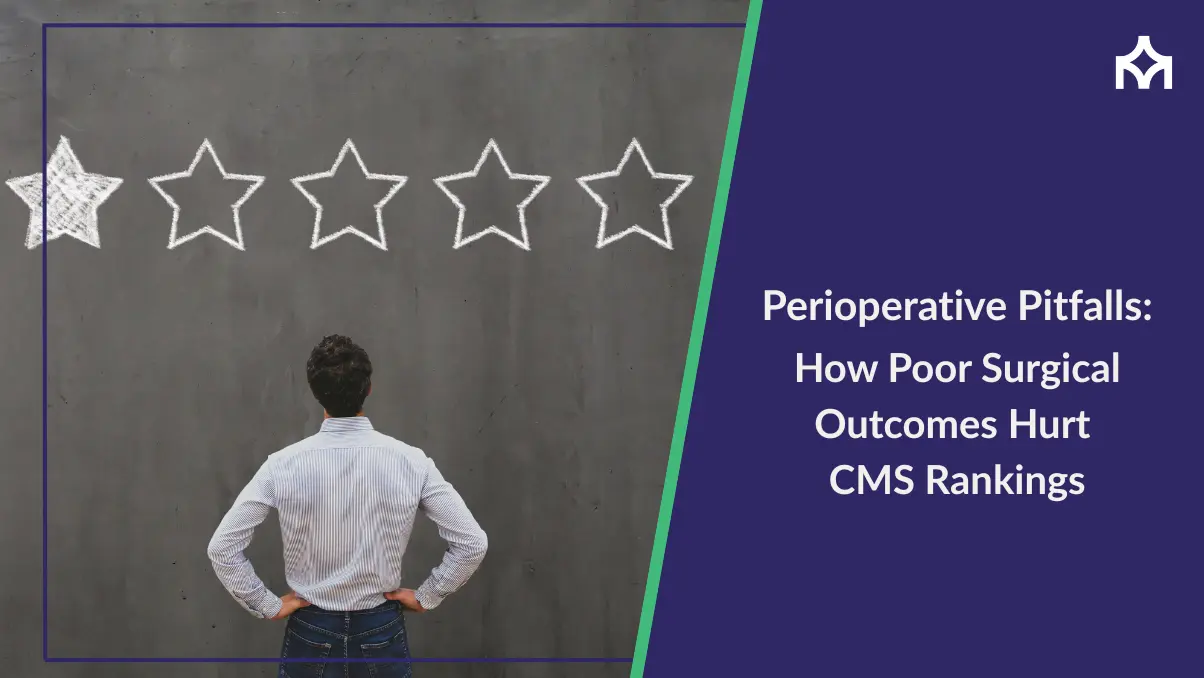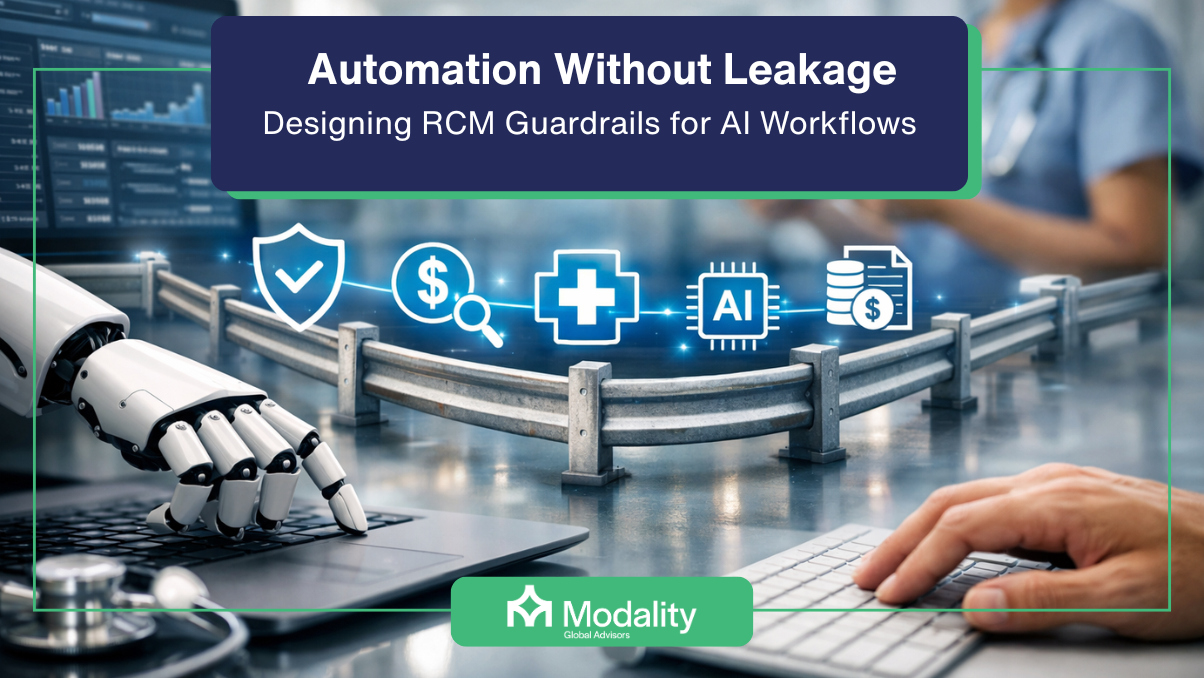Perioperative Pitfalls: How Poor Surgical Outcomes Hurt CMS Rankings
Perioperative Pitfalls: How Surgical Outcomes Can Make—or Break—Your CMS Star Rating
As U.S. healthcare moves deeper into transparency and value-based reimbursement, hospitals face unprecedented pressure to deliver safe, efficient surgical care. In 2025 alone, 820+ hospitals saw CMS rating drops linked to surgical outcomes and readmissions. CMS penalties tied to hospital-acquired conditions and readmissions now exceed $2B annually, with some hospitals losing millions from a single star downgrade.
In this environment, even one avoidable infection, readmission, or excess length of stay can trigger financial loss, reputational damage, and erosion of patient trust—especially across the perioperative continuum where small gaps compound quickly.
The Rising Influence of CMS Ratings
The CMS star rating system shapes patient choice, payer network design, and hospital incentives. And surgical outcomes carry outsized weight. A single star drop can mean millions in lost revenue—and months of reputational recovery.
Where Perioperative Pitfalls Begin
- Inadequate pre-op risk assessment: Unoptimised comorbidities drive complications, readmissions, and mortality.
- Protocol deviations & handoff gaps: Inconsistent bundles increase SSIs, anaesthesia errors, and intraoperative events.
- Delayed complication management: Late recognition of bleeding or infection prolongs LOS and harms efficiency scores.
- Disorganised discharge planning: Poor follow-up and med reconciliation fuel 30-day readmissions.
How Poor Surgical Outcomes Drag Down CMS Rankings
| Surgical Pitfall | Impact on CMS Rating | Key Metric Tracked |
|---|---|---|
| Surgical Site Infections (SSIs) | Lower patient safety & outcomes scores | SSI rate per 100 procedures |
| 30-day readmissions | Heavily weighted in star calc. | Readmissions post-CABG & ortho |
| Excess length of stay (LOS) | Hurts efficiency & quality scores | LOS vs national benchmarks |
| Post-op mortality | Direct hit to overall rating | Procedure-specific mortality |
| Poor HCAHPS communication | Lowers patient experience domain | “Would recommend” & comms scores |
Hospitals with frequent perioperative complications are ~3× likelier to fall into the bottom CMS quartile.
How MGA Helps Hospitals Stay Ahead
- Real-time risk stratification: Use EHR/claims/device data to flag high-risk patients and tailor optimisation pre-op.
- Protocol compliance monitoring: Track adherence to ERAS and perioperative bundles; surface variation before it harms outcomes.
- AI complication surveillance: Detect early signals (fever, labs, vitals) to intervene sooner and shorten LOS.
- Automated patient follow-up: Digital check-ins, reminders, and remote monitoring reduce 30-day readmissions.
- Performance benchmarking: Dashboards compare service-line KPIs; leadership pinpoints gaps and acts quickly.
Results You Can Measure
- ~25% reduction in surgical readmissions
- Improved LOS benchmarks across ortho and oncology pathways
- Higher HCAHPS scores via stronger post-op communication
- CMS star rating gains within 12 months
High-performance surgery isn’t only about great surgeons—it’s about smarter systems that predict, prevent, and standardise excellence.
Ready to protect your CMS stars? Partner with Modality Global Advisors to hard-wire perioperative optimisation. Email hello@modalityglobal.com.






